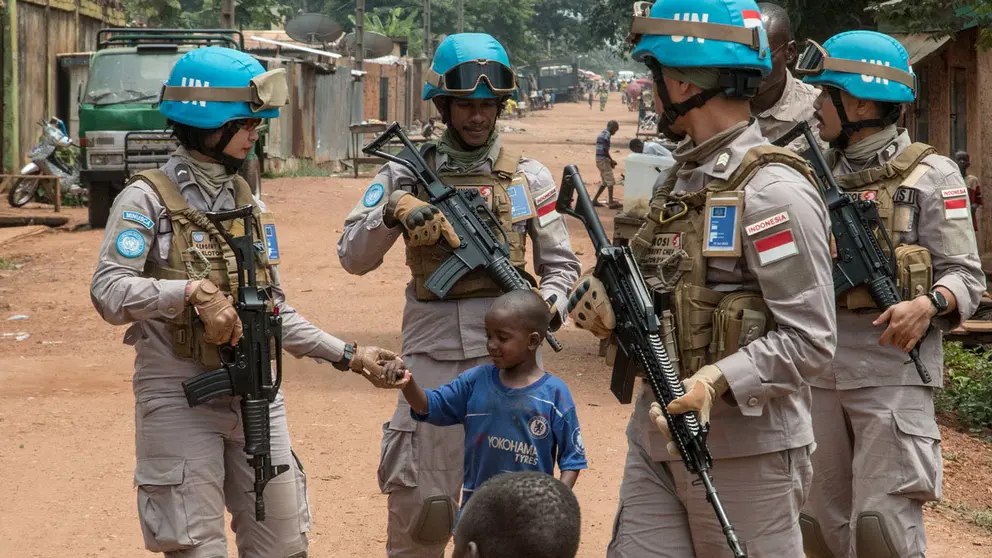Safety considerations have become a significant constraint on humanitarian action and relief in recent years.
"The Red Cross and United Nations emblems are no longer respected in conflicts, which hampers the work of humanitarian organisations and the distribution of humanitarian aid", denounced the Ministry for Foreign Affairs.
According to data published by the Finnish Government, this year 399 humanitarian workers have been subject to serious attacks, and 126 lost their lives trying to save victims of conflicts or natural disasters. Sexual violence against women, in particular, is increasingly widespread.
And yet, according to the Geneva Conventions signed 70 years ago and forming the backbone of international humanitarian law, medical and other humanitarian aid should be considered impartial and given protection.
"Geneva convention violated", said Pekka Haavisto
“In recent years, we have seen the provisions of the Geneva Convention violated repeatedly and deliberately in numerous conflicts, including those in Syria and Yemen", said Minister for Foreign Affairs, Pekka Haavisto.
The Foreign Minister thinks this violation of international law "leads to an escalation of violence and makes it increasingly difficult to resolve these conflicts. Finland stands ready to support the processes that strengthen awareness and respect for humanitarian law. The Finnish Red Cross plays a valuable role here”.
The Geneva Conventions, adopted after the ravages of the Second World War, set limits to warfare and established rules that guarantee protection to victims of war. They also gave the Red Cross a mandate to assist and protect to victims of war.
Finland willing to send "a strong message"
Ville Skinnari, Minister for Development, Cooperation and Foreign Trade, also remarked that the International Conference of the Red Cross and the Red Crescent in December "will provide an opportunity to direct worldwide attention to the challenges of humanitarian law".
Minister Skinnari remarked that Finland, as the Presidency of the Council of the European Union, "wants to contribute to ensuring that the EU sends a strong message in support of humanitarian law". According to his statement, "defending humanitarian law is an essential aspect of Finland’s role as a provider of humanitarian aid". "Without it, we cannot ensure the fast, effective and safe delivery of aid to those in need”, he stressed.
70th Anniversary of the Geneva Conventions
The Geneva Conventions were adopted on 12 August 1949. They contain provisions on the legal status and treatment of the wounded, of captured and escaped prisoners of war and of people living in occupied territories.
Virtually all of the world’s countries have ratified the Geneva Conventions. Therefore, any grave breach of these conventions is defined as a war crime.
Finnish Government believes as the Geneva Conventions celebrate their 70th anniversary, "the world’s need for humanitarian aid keeps growing. The Geneva Conventions are a cornerstone of international law. They remain as topical as ever".












